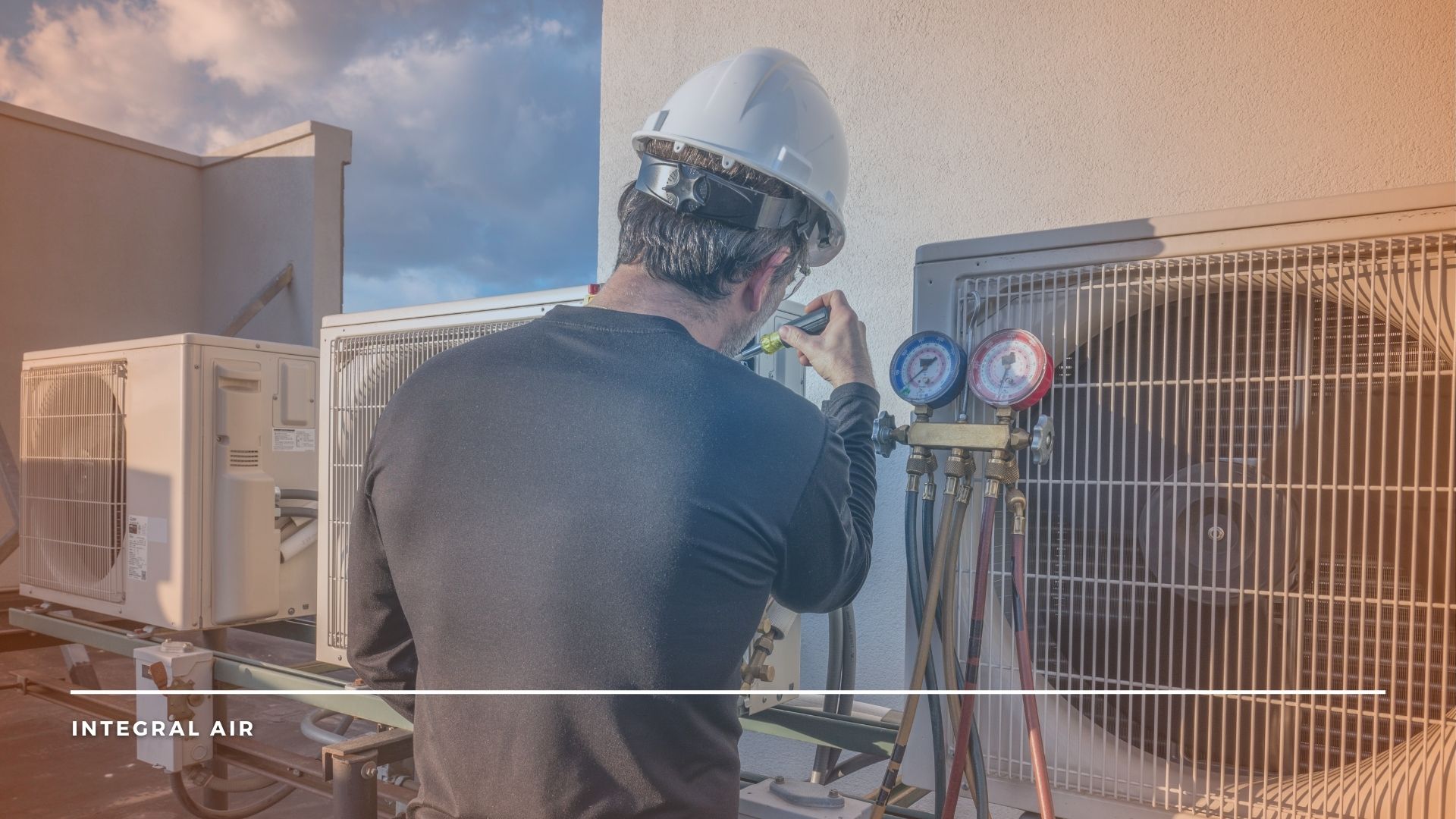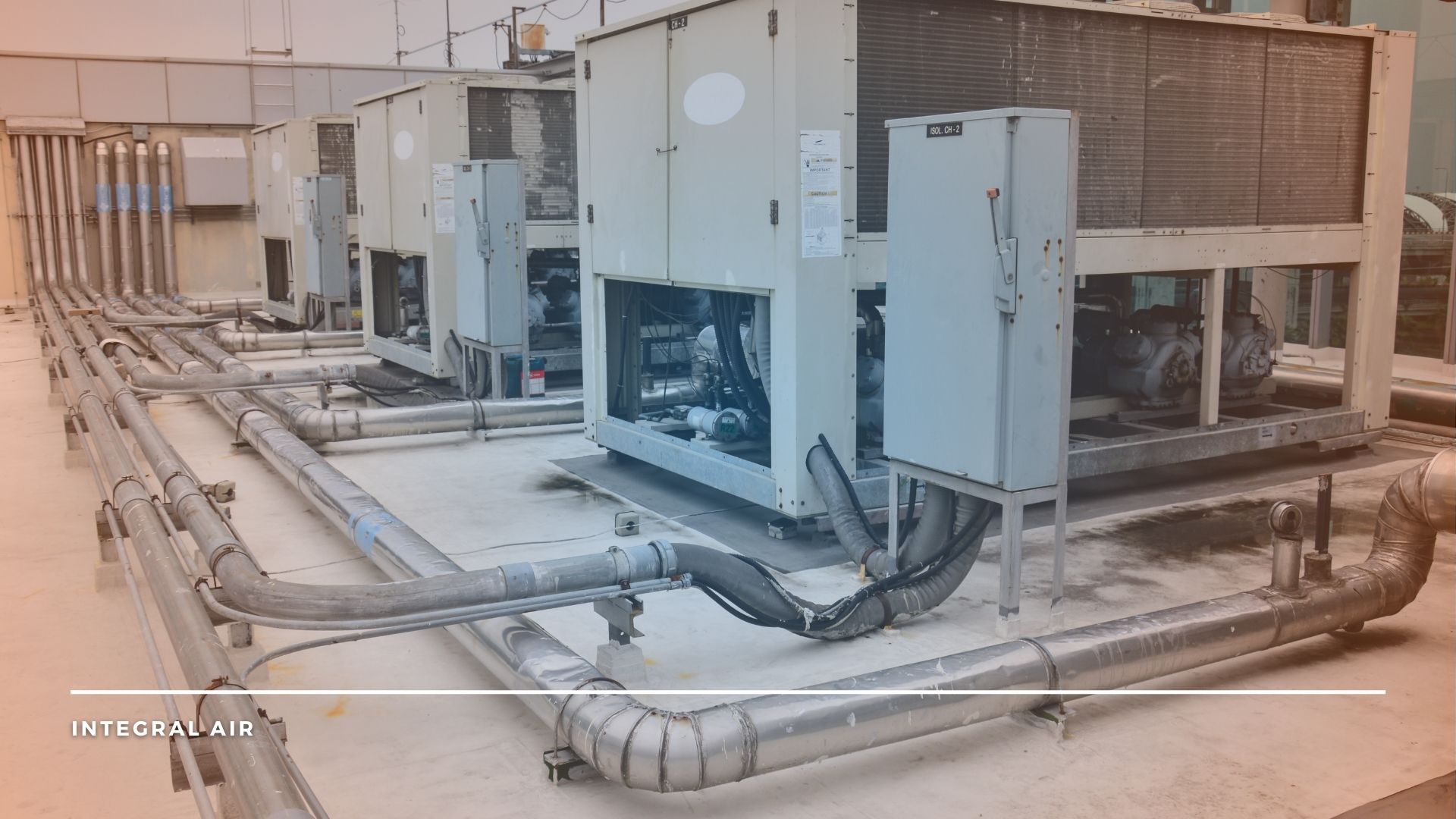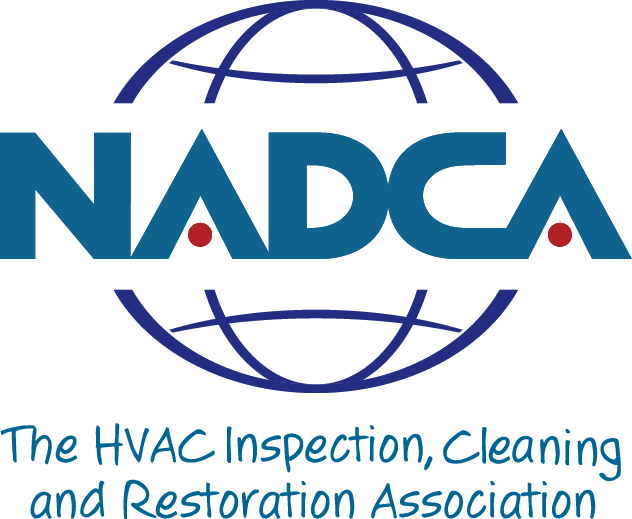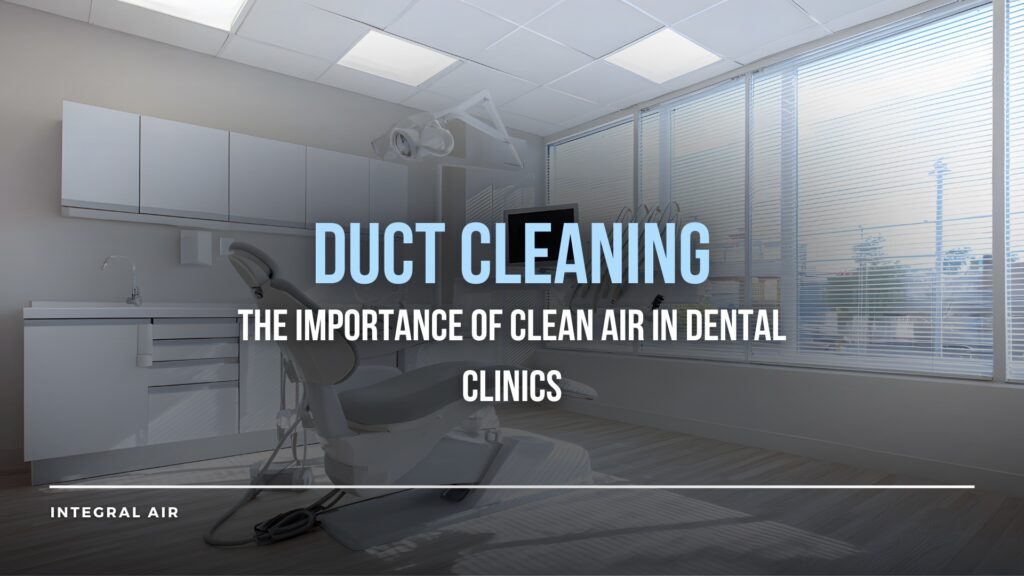Selecting the right HVAC system for your commercial space is a major decision that affects comfort, operational efficiency, and your bottom line. Whether you’re opening a new business, expanding your operations, or replacing an old system, it’s important to understand the key factors that go into choosing commercial HVAC system
Why Choosing the Right HVAC System Matters
Heating, ventilating, and air conditioning systems are the heart of any commercial space. They keep the environment comfortable, ensure good air quality, and help control energy usage. Choosing the wrong system can lead to higher energy bills, uneven cooling or heating, and frequent breakdowns.
On the other hand, a properly chosen and installed system can provide cool air in the summer, warmth in the winter, and energy savings all year long.
Key Factors in Selecting a Commercial HVAC System

Choosing an HVAC system is not just about picking the biggest or most powerful option. Here are the most important factors to consider:
1. System Sizing
System sizing is one of the most critical parts of choosing the right HVAC unit. An HVAC system that is too small will struggle to heat or cool the space effectively, while one that is too large will cycle on and off too frequently, wasting energy and causing wear and tear.
Proper sizing is based on several factors, including:
The size of the building
The number of occupants
The layout and design of the space
The amount of sunlight the building receives
How much outdoor air is used for ventilation
A professional HVAC technician can perform a detailed load calculation to determine the right size for your system.
2. Ductwork Design
Good ductwork design is essential for efficient airflow. A poorly designed duct system can cause energy loss, uneven temperatures, and strain on your HVAC equipment.
When designing ductwork for commercial spaces, it’s important to:
Keep duct runs as short and straight as possible
Properly seal all joints and connections
Insulate ducts in unconditioned spaces
An efficient duct system supports the overall performance of your air conditioning systems and heating equipment.
3. Energy Efficiency
Energy efficiency is a major concern for commercial properties. Not only does it affect your environmental footprint, but it also has a big impact on your monthly energy bill.
Look for systems with a high Seasonal Energy Efficiency Ratio (SEER) and Energy Efficiency Ratio (EER). The higher these ratings, the more energy-efficient the system.
Investing in an energy-efficient HVAC system might cost more upfront, but the long-term energy savings can be significant.
4. Trusted HVAC Brands to Consider
When investing in commercial HVAC equipment, brand reputation and reliability matter. Here are three of the most trusted names in the industry:
Carrier – Known for its innovation and quality, Carrier offers a wide range of commercial solutions including packaged rooftop units, variable refrigerant flow (VRF) systems, and energy-efficient chillers. Their units are designed for durability, quiet operation, and consistent performance.
Lennox – Lennox commercial HVAC systems focus on high efficiency and performance. Their Energence rooftop units and Landmark series are popular in office buildings and retail settings. Lennox is also praised for offering units with advanced controls and high SEER ratings.
Trane – Trane is a leader in HVAC innovation with a strong reputation for reliability and efficiency. Their commercial line includes rooftop units, air handlers, chillers, and split systems. Trane’s systems are often chosen for large commercial spaces and are known for their smart energy management capabilities.
Each of these brands has multiple options to meet a range of commercial needs. Choosing the right one depends on your building’s size, use, and budget.
5. Type of System
There are several types of commercial HVAC systems to choose from, including:
Split Systems: These separate the indoor and outdoor components, offering flexibility in installation.
Packaged Systems: These combine all components into a single unit, usually installed on the roof.
Heat Pumps: These can both heat and cool a building by transferring heat rather than generating it.
Variable Refrigerant Flow (VRF) Systems: These systems allow different zones in the building to be heated or cooled independently.
Each type has its own advantages, depending on your building’s layout and your specific heating and cooling needs.
6. Long-Term Maintenance Needs
No HVAC system is maintenance-free. Regular maintenance is required to keep systems running efficiently and to prevent breakdowns.
When choosing a system, consider:
The ease of accessing components for maintenance
The availability of replacement parts
The overall durability of the equipment
An HVAC system that is easier to maintain will likely cost less to operate over its lifetime.
7. Cost and Budget
While cost shouldn’t be the only factor in your decision, it’s still important to balance your initial investment with the system’s long-term operating costs. A slightly more expensive energy-efficient HVAC system can save you money on energy bills and maintenance over time.
8. Future Growth
If you expect your business to grow, consider a system that can be expanded or adapted. Modular systems and flexible ductwork design can make future upgrades easier and more cost-effective.

How HVAC Equipment Affects Home Comfort in Commercial Spaces
Although we usually think of “home comfort” as something residential, the same principles apply to offices and other commercial spaces. A properly selected HVAC unit ensures that everyone inside is comfortable, focused, and productive.
Temperature swings, stuffy air, and high humidity can all affect how people feel and perform. Choosing the right air handler, duct system, and ventilation strategy plays a major role in maintaining comfortable indoor conditions.
Common Mistakes to Avoid
Ignoring system sizing: Bigger is not always better.
Choosing based only on price: Consider energy usage and maintenance costs.
Overlooking ductwork: Bad ducts can ruin the efficiency of even the best HVAC unit.
Skipping professional advice: Always work with a qualified HVAC technician for system selection and installation.
FAQ: Choosing a Commercial HVAC System
How do I know what size HVAC system I need?
You need a professional load calculation that considers your building’s size, layout, insulation, number of occupants, and ventilation needs.
Is it worth investing in an energy-efficient HVAC system?
Yes. While the upfront cost may be higher, the energy savings over time usually make up for the difference.
How often should I schedule maintenance for my commercial HVAC system?
Twice a year: once before the cooling season and once before the heating season.
What is SEER and why is it important?
The Seasonal Energy Efficiency Ratio measures how efficiently an air conditioning system operates over a season. A higher SEER means better energy efficiency.
Can I upgrade my ductwork without replacing the entire HVAC system?
Yes. Improving ductwork design can greatly enhance your existing system’s performance.
What’s better: a split system or a packaged system?
It depends on your space and needs. Split systems offer more flexibility, while packaged systems save space and can be easier to maintain.
The Right System Depends on Your Needs
Choosing the right HVAC system for your commercial space requires careful planning and professional support. By considering system sizing, ductwork design, energy efficiency, trusted brands, and long-term maintenance needs, you can select an HVAC unit that provides excellent comfort, reliable performance, and strong energy savings.
Partner with experienced HVAC professionals to guide you through the HVAC selection guide and ensure your heating, ventilating, and air conditioning needs are fully met—both now and in the future.








